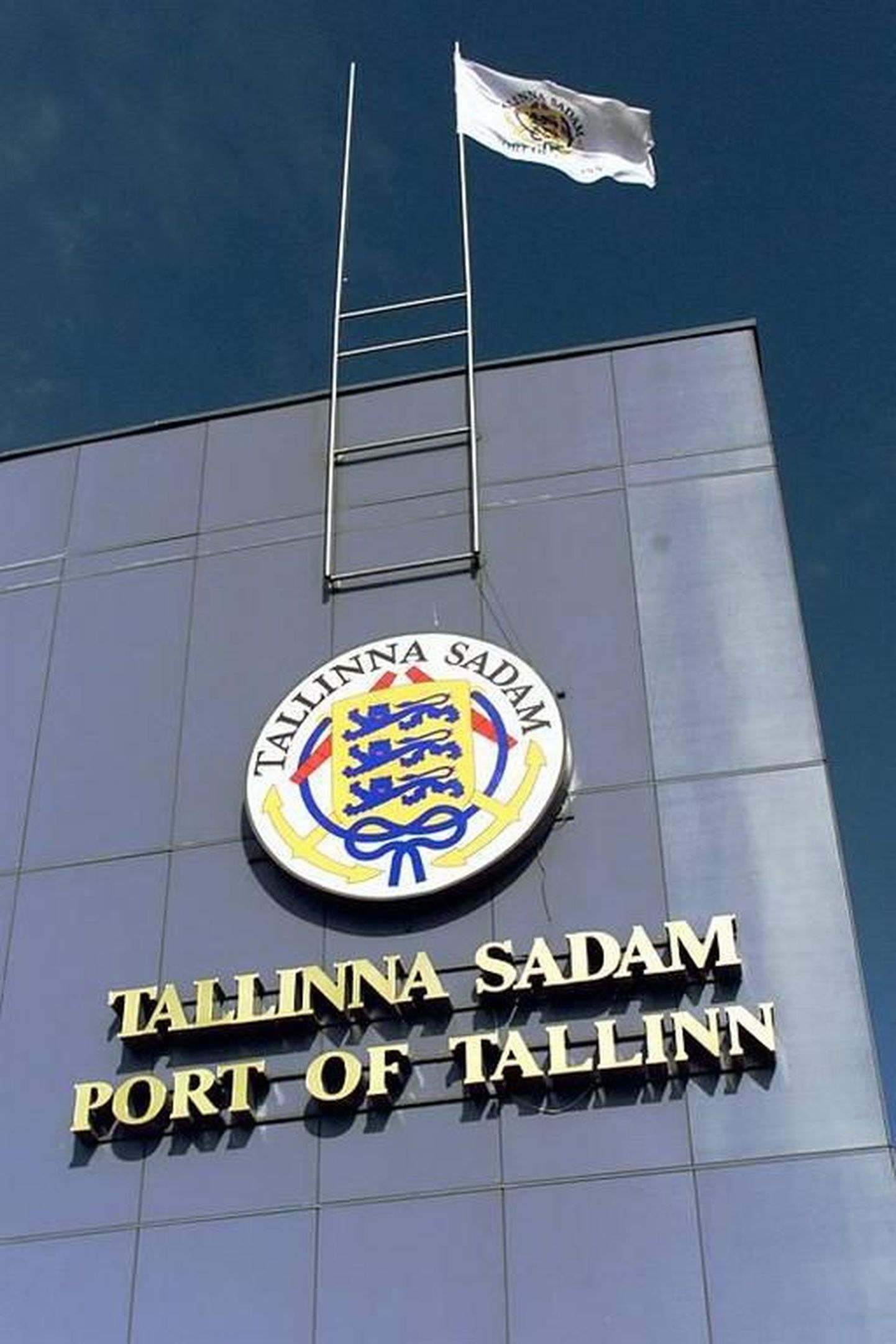The state has not set clear goals for the undertakings and doesn't check whether goals are achieved. Regardless of that, public undertakings have been given several hundred million euros of taxpayer money.
The audit revealed that the owner of public undertakings has often not set any goals for them – almost half of the audited undertakings had no strategy approved by the supervisory board. As at the beginning of 2013, the country's biggest state held company, Eesti Energia, did not have a strategy approved by the supervisory board either. In undertakings that do have such a strategy, the supervisory board does not assess its implementation and the achievement of the goals set, National Audit Office said.
Of the nine companies audited – Eesti Energia, Elering, Estonian Air, Eesti Railways, Estonian Air Navigation Services, Port of Tallinn, Eesti Loto, Andmevara and Eesti Kaardikeskus – only at Elering did the supervisory board assess the strategy and its implementation every year.
The lack of strategy, however, has not prevented the enterprises from investing and the state from giving them hundreds of millions of euros. The state had given the audited undertakings approximately 227 million euros from the state budget over the period from 2006-2012.
Interviews conducted in the course of the audit also revealed that officials, management board members and in some cases also the chairmen of supervisory boards find that the capability of supervisory boards of having a say in setting goals for the undertakings and tracking progress against these goals is often poor. The reasons named are the practice by which supervisory boards are formed and lack of transparency in the appointment of members, which means that the people on the supervisory boards do not have the necessary skills and knowledge.

